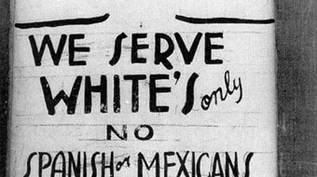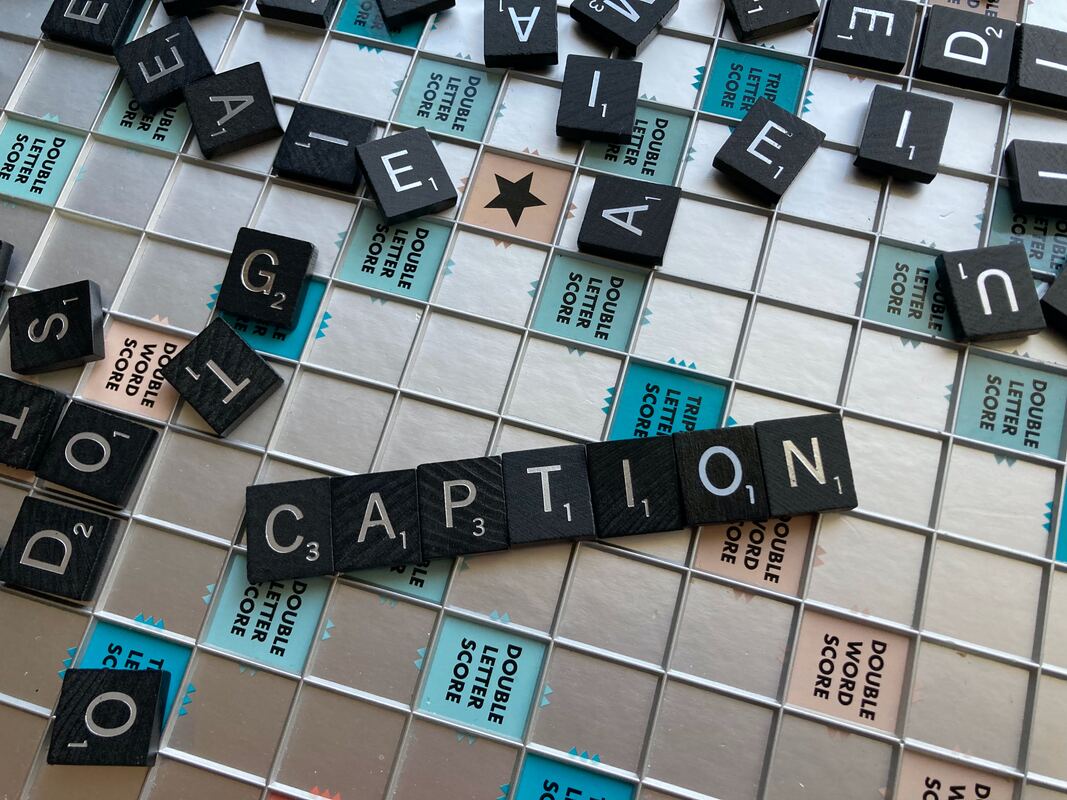|
by Kelli Hughes
As a hearing person, while I appreciate the affordances of subtitles, I do not need them to experience media. But that isn’t the case for everyone. Nearly 15% of adults in America report difficulty hearing, and 8% of Americans report some degree of vision loss. Where one person listens to the TikTok their buddy sent them for a laugh, another person requires closed captioning so they can read the joke on their screen. Without the proper use of accessibility tools, several users are excluded from the same experience.
0 Comments
 Photo by Tim Mossholder on Unsplash Photo by Tim Mossholder on Unsplash by Daniel Hewitt To offend or not offend—that is the question—and it’s an important one when it comes to comedy. It’s been said that laughter is the best medicine, and the goal of comedy is to make people laugh whether it’s comedy in literature, stand-up comedy, or sitcoms. There are times when we all need to throw our heads back and laugh out loud. Comedy’s use of language, wordplay, innuendos, and puns can all be used effectively--without being offensive. by Connor Buckmaster  Photo by Joseph Chan on Unsplash Photo by Joseph Chan on Unsplash For decades now, the study and practice of writing has been on a revolutionary roller coaster. Leaps in pedagogy surrounding college composition classes, translanguaging, and collaborative learning have changed the way college students today learn and produce writing. At the same time, the (dated) values of Standard American English, the five paragraph essay, and the thesis statement are still upheld in many pockets of American public schools. We wonder why Americans struggle to write, and there seems to be a host of answers: an inability to construct sentences, a fundamentally bad approach in teaching how to read, and a school culture which rewards surface learning and quick responses, viewing texts as inert information rather than an argument. The more and more we look, America seems to be in a literacy crisis.  Image provided by kylewagaman License CC BY-NC-SA 2.0 Source Flickr Image provided by kylewagaman License CC BY-NC-SA 2.0 Source Flickr by Elizabeth Mosolovich Halloween is a time for tricks and treats, when children--and some adults--run about in costume going door to door and asking for candy. Stories of monsters, ghosts, and witches become easier to believe as people decorate their houses with jack-o-lanterns, cobwebs, and gravestones. There are plenty of ways to get into the spirit of this holiday, including watching movies like Friday the 13th, or the more kid-friendly It’s the Great Pumpkin, Charlie Brown, as well as reading books like the old classic such as The Legend of Sleepy Hollow by Washington Irving or a new favorite like Scary Stories to Tell in the Dark by Alvin Schwartz. But Halloween is not for everybody. Though the holiday has become rather secularized, its origins are a mixture of pagan harvest festivals and the Roman Catholic feast days All Saints’ and Souls’ Days; therefore some Orthodox Jews and Muslims do not celebrate the holiday. Other Christian groups also refrain from partaking in Halloween festivities, as they dismiss the day because of its partially pagan beginnings and fear that celebrating Halloween equals celebrating witchcraft or Satanism. And those attitudes are fine--everyone is entitled to their opinion and to practice their religious beliefs freely. However, when these religious beliefs, especially fears about the occult and witchcraft, involve suppressing people’s access to literature, it becomes a problem.  Photo: 12news Photo: 12news I’ve taught freshman composition courses for almost two years now, expecting my diverse body of students from multicultural backgrounds to all coalesce and perform to one standard above all others: White Vernacular English (WVE) or White American Vernacular English (WAVE). As writers, we pride ourselves on being open-minded yet authentic, and we hope our students do the same—as long as they adhere to what we consider valid style of writing. Why have the rigid, outdated principles the foundation of college composition was built on not shifted to accept other vernaculars? |
Archives
July 2024
Categories
All
|
|
Glassworks is a publication of Rowan University's Master of Arts in Writing 260 Victoria Street • Glassboro, New Jersey 08028 [email protected] |
All Content on this Site (c) 2024 Glassworks
|


 RSS Feed
RSS Feed
